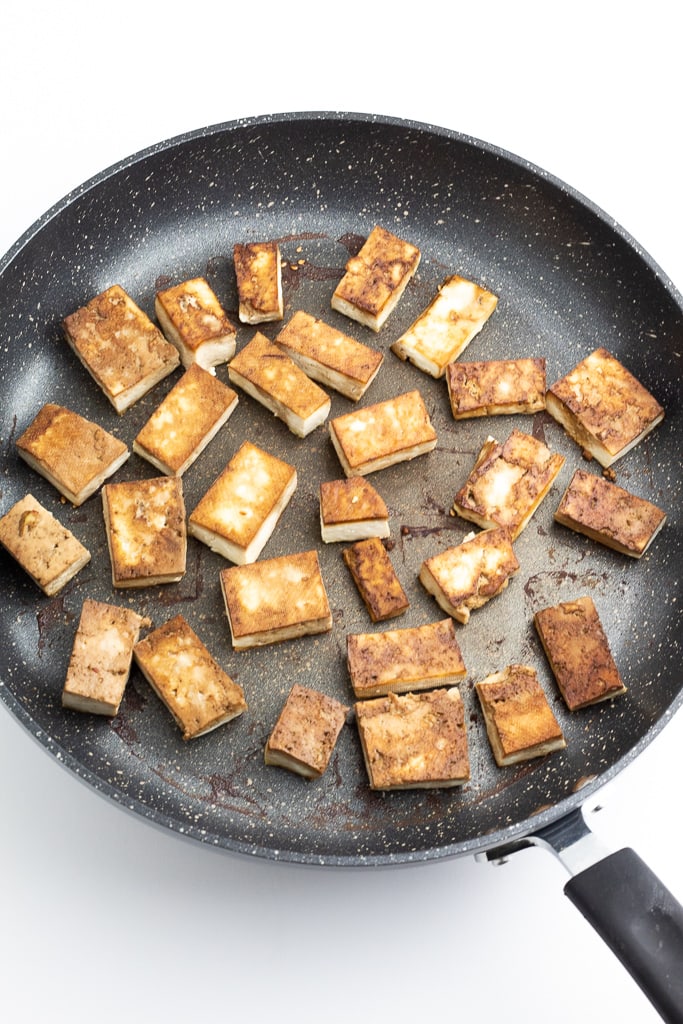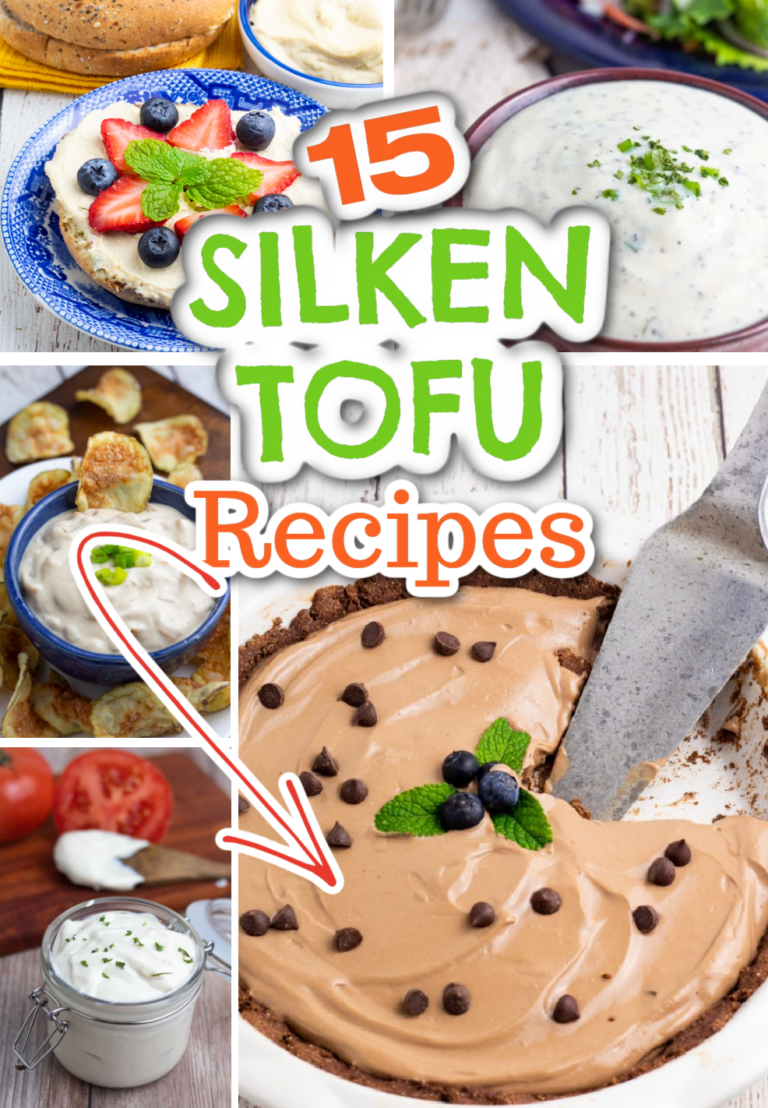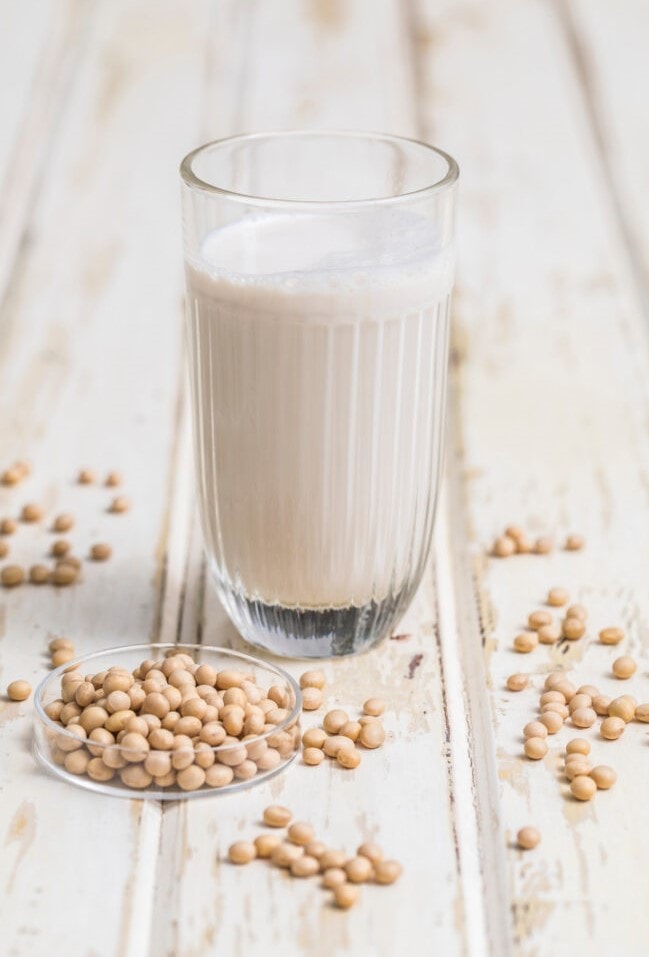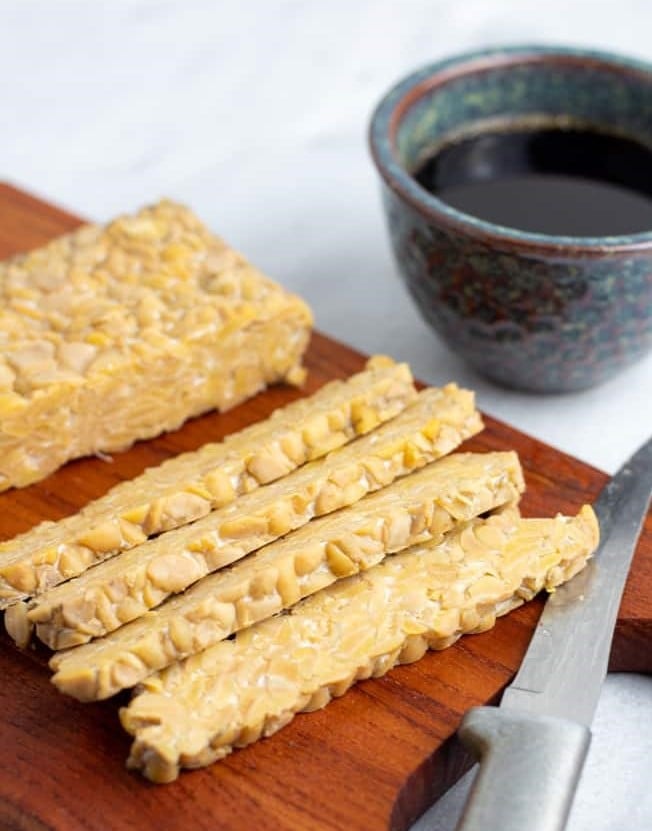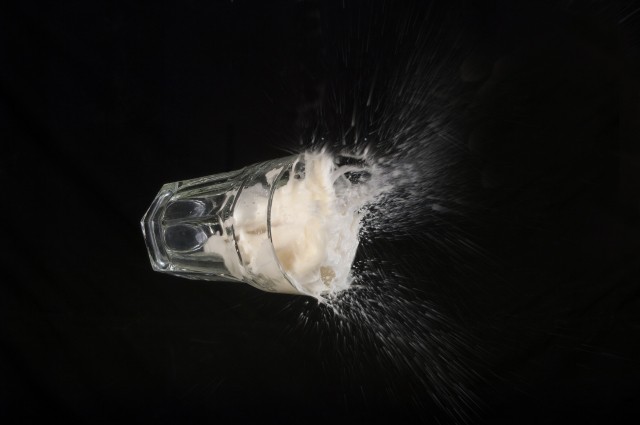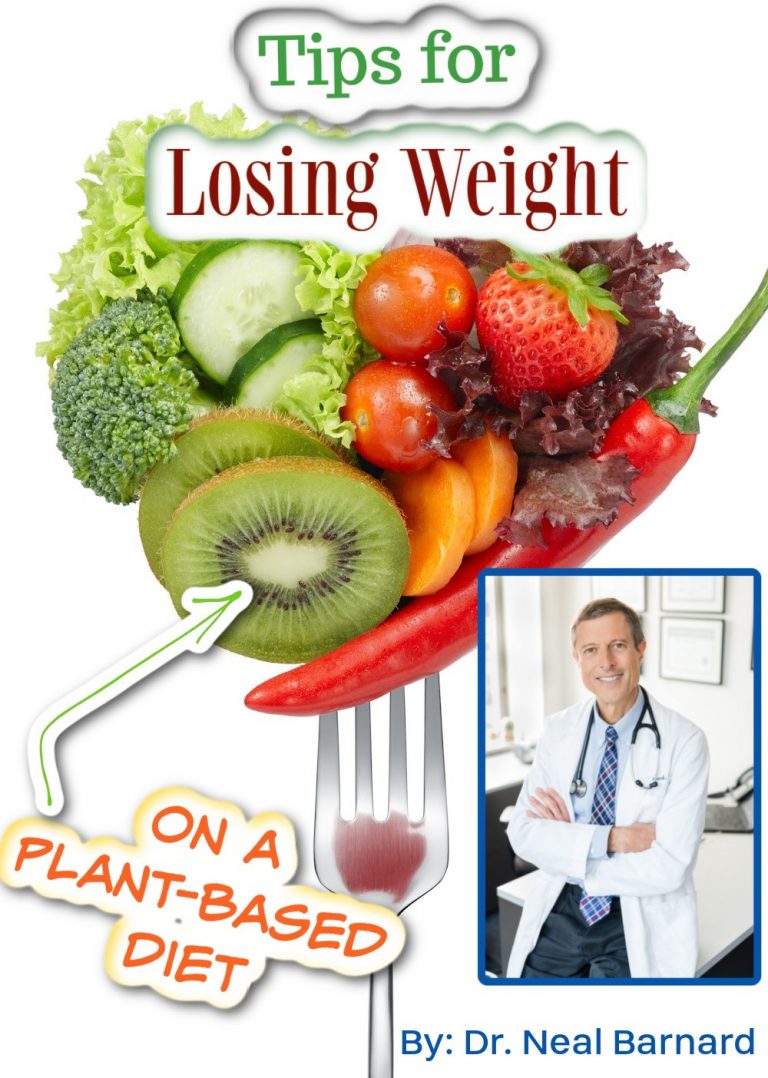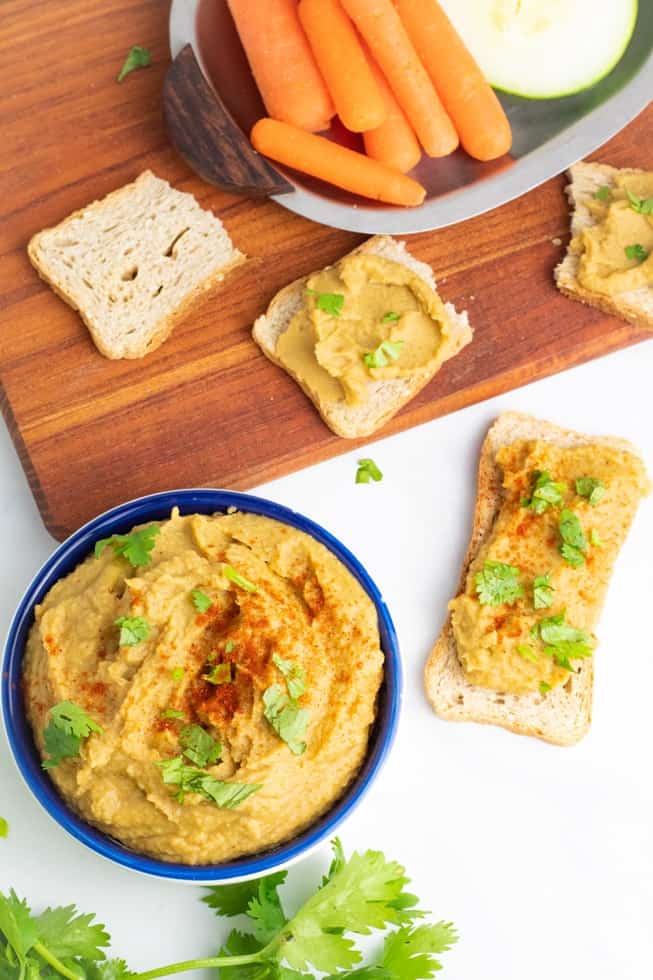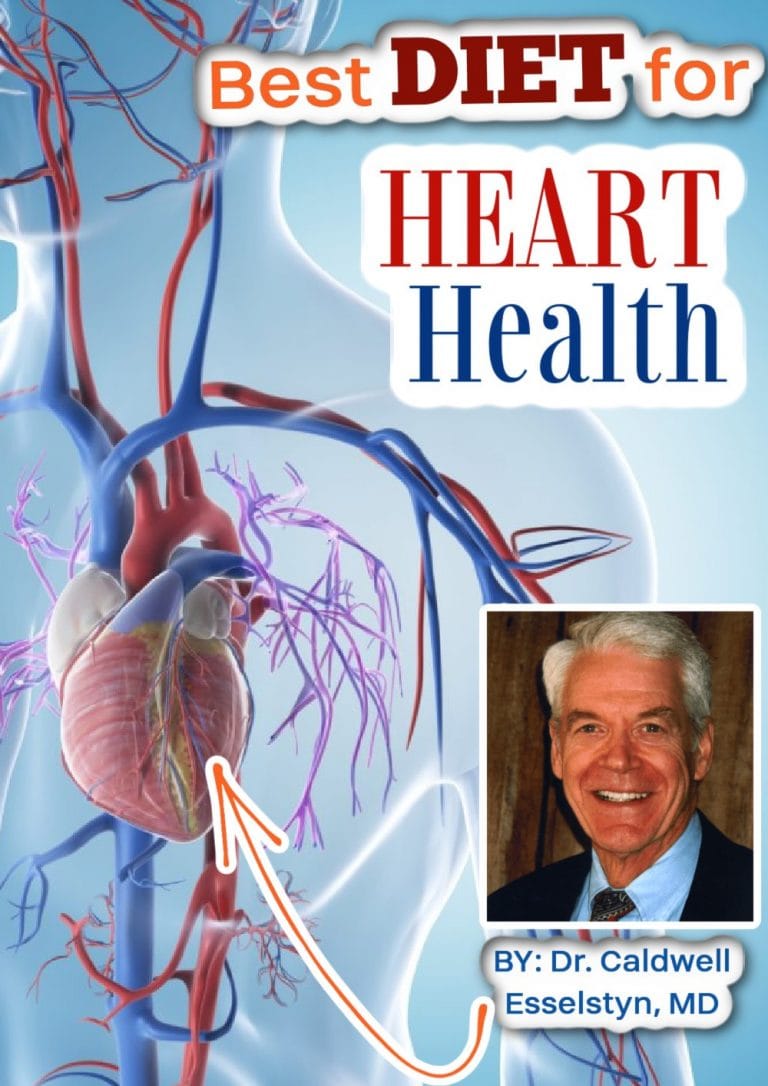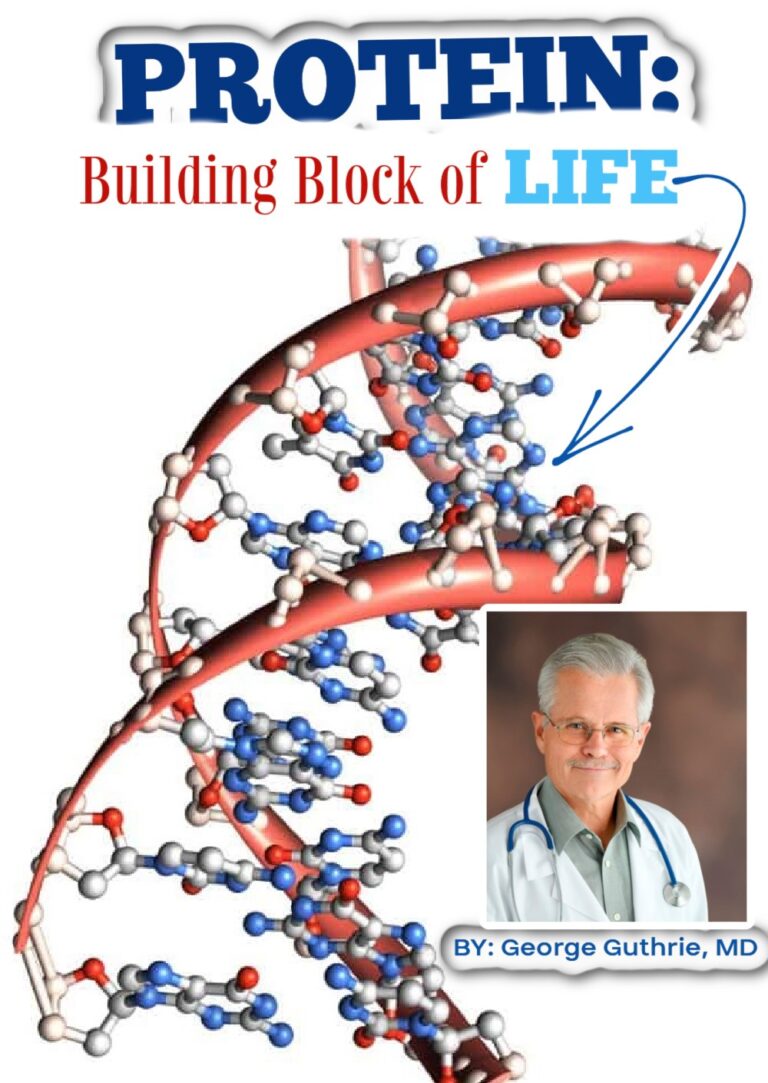Is Soy Vegan? Is it Good for you?
Soy is a food that sparks considerable debate and oftentimes finds itself at the center of controversy. So, is it actually good for you or not? Can it be included in a vegan diet? Join us as we delve into the realm of myths, explore soy’s nutritional aspects, and uncover a treasure trove of delectable soy-based recipes.
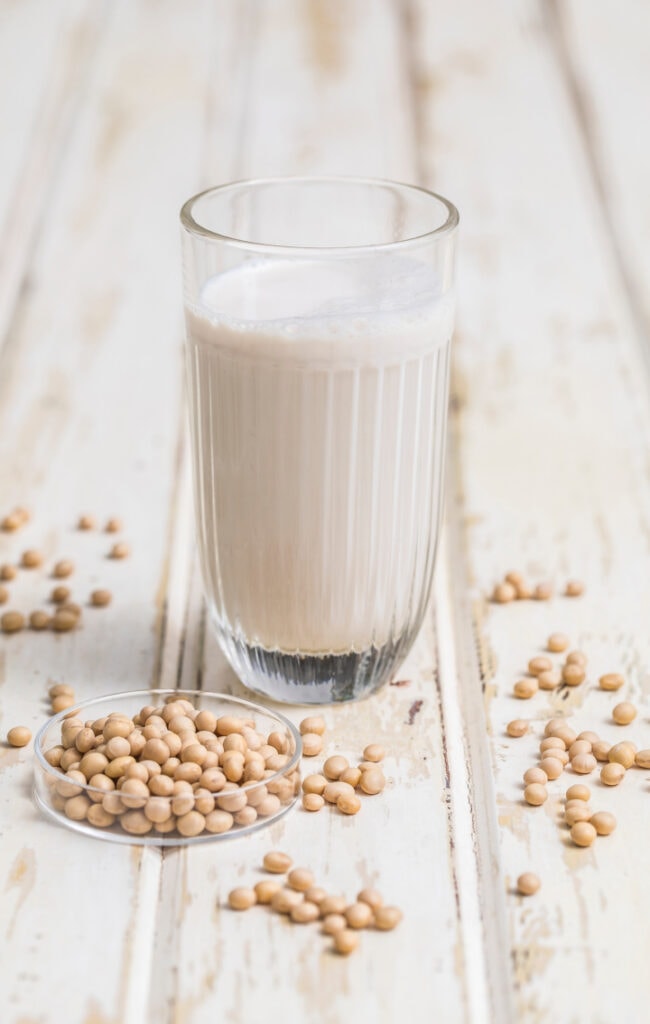
Soy is frequently featured in plant-based recipes, appearing in various forms such as tempeh, tofu, soy curls, and soy milk. However, significant confusion surrounds the question of whether consuming soy is harmful or helpful to your health.
There are a lot of concerns swirling around, so let us dissect some of the most commonly asked soy questions and find answers that can put some of the myths to rest.
Is soy vegan?
Yes, soy is indeed vegan! It is actually a type of bean in the legume family that originated in Asia. It is well-known for being abundant in protein, fiber, vitamins, and minerals.
Soy is a complete protein which means that it contains all nine essential amino acids. It is an important source of protein for many people, especially those who follow plant-based, vegan, or vegetarian diets.
It must be mentioned though that not all foods made with soy are vegan. Some foods served in Asian restaurants may contain meat as well as soy, or they may include eggs or dairy. Prepackaged soy foods at the grocery store may also include non-vegan ingredients.
Types of soy products
As the list below demonstrates, soy can be very versatile and provides many delicious ways to consume it. Many of the products are popular with all types of eaters and not just vegans.
Protein in soy
Being a complete protein, soy contains all nine essential amino acids. This attribute makes it a significant protein source.
According to the U.S. Food and Drug Administration (FDA), a daily intake of 25 grams of soy protein has been found to lower blood cholesterol levels by approximately 12 percent. To help you gauge your soy protein consumption, here are some common soy foods along with their typical range of soy protein content. Remember to review the labels on the specific brands you purchase for accurate information.
| 3 ounces water-packed tofu | 6-13 grams |
| 3 ounces silken tofu | 6 grams |
| 8 ounces plain soy milk | 3-10 grams |
| 1/4 cup (4 ounces) soy nuts | 12 grams |
| 2 tablespoons soy nut butter | 6-8 grams |
| 1 soy burger patty | 10 grams |
| 1/2 cup (4 ounces) tempeh | 16-22 grams |
| 2/3 cup (3 ounces) edamame | 6 grams |
| 2/3 cup green soybeans | 7-9 grams |
| 1/2 cup rehydrated textured vegetable protein (TVP) | 12 grams |
| 1/2 cup rehydrated soy curls | 5-6 grams |
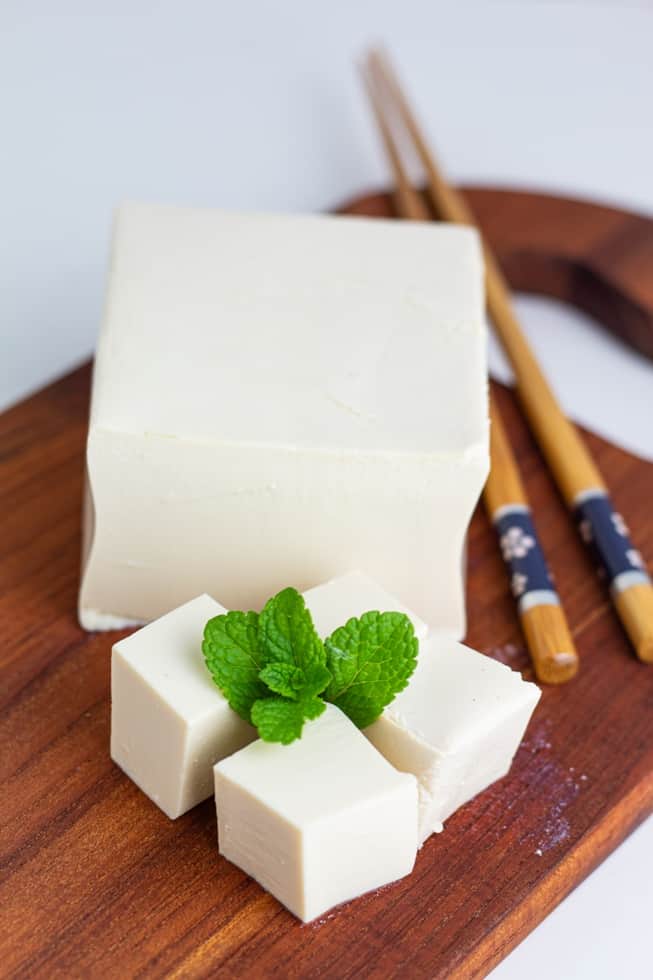
Benefits of eating soy
There are many health advantages that come with the consumption of soy products. Including whole soy foods in your diet may potentially lower the risk of breast cancer, various other cancer types, fibroids, and inflammation. Soy also contributes positively to bone health, heart health, and alleviating menopausal symptoms.
However, it’s important to note that the benefits of soy are predominantly associated with whole soy foods. Therefore, prioritize incorporating tofu, tempeh, edamame, soy milk, and miso into a well-rounded, plant-based diet.
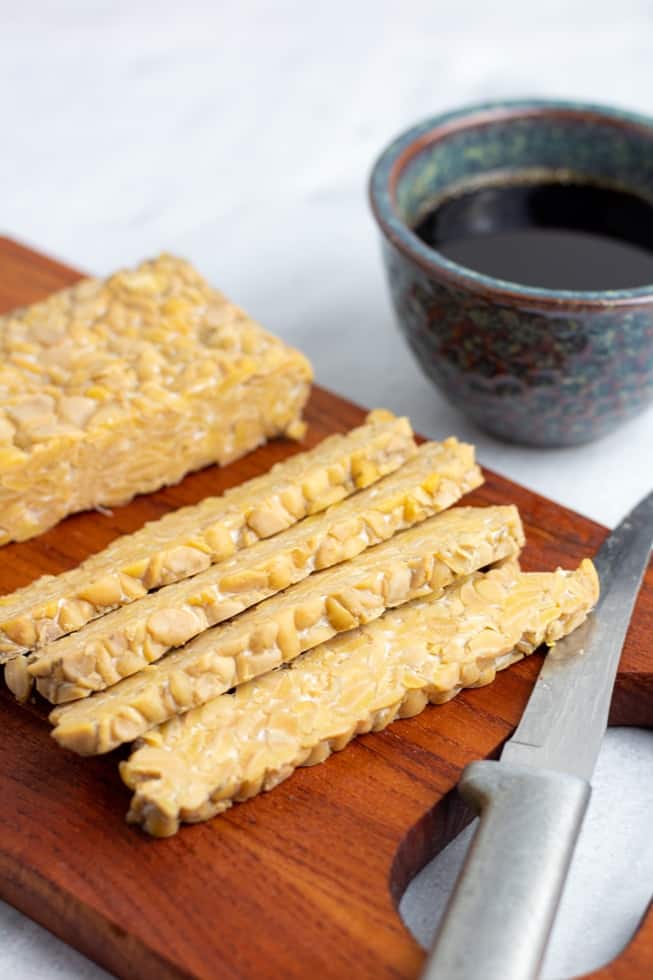
Does eating soy increase cancer risks?
Concerned that consuming soy might contribute to a breast cancer diagnosis? Rest assured, this common misconception surrounding soy and soy products is unfounded.
Previously, there was a belief that soy consumption heightened the risk of developing breast cancer. However, extensive cancer research refutes this claim. In fact, not only does eating soy fail to elevate the risk of breast cancer, but it has the opposite effect. As Dr. Neal Barnard from the Physicians Committee for Responsible Medicine explains, soy actually reduces the risk of breast cancer.
Extensive research reveals a compelling link between soy consumption and a reduced likelihood of developing breast cancer in women. One study uncovered that women who regularly consume approximately one cup of soy milk or half a cup of tofu daily exhibit a remarkably 30% lower risk of breast cancer compared to those who consume minimal or no soy. This beneficial effect could be attributed, at least in part, to the presence of protective compounds called isoflavones, abundantly found in soy-based foods.
I have taught a lot of Food for Life classes at cancer centers in my area for the Physicians Committee for Responsible Medicine, and the question of soy and cancer always comes up. Sometime back, the hospitals began permitting me to show this short video about Soy & Breast Cancer Survival to patients to alleviate their fears and dispel the myths.
Isolated soy protein
As far as nutrition is concerned, not all soy is equal. Soy protein isolate is listed as an ingredient in many processed vegan meat replacers and other prepackaged foods like veggie burgers and soy crumbles.
Soy protein isolate (SPI) is a refined variation of soy, obtained by extracting the fat from soybeans, resulting in a product that solely comprises the protein component. However, this processing method eliminates the accompanying fiber, minerals, and complex carbohydrates that contribute to the overall health benefits of soybeans, diminishing its status as a wholesome plant-based protein option.
The widespread inclusion of soy protein isolate in unhealthy processed foods often leads to misunderstandings regarding soy. However, it is essential to recognize that whole food sources of soy provide a stark contrast in terms of nutritional value, as they retain all their natural nutrients without any added chemicals.
How much soy should you eat a day?
Multiple clinical studies have consistently demonstrated that the daily intake of up to 50 grams of soy protein is not only considered safe but also showcases potential effectiveness in enhancing risk factors associated with chronic diseases, including certain types of cancer, diabetes, and cardiovascular ailments.
The Bottom Line
Soy products present a diverse range of health advantages. Consumption of whole soy foods has the potential to lower the risk of breast cancer, various other cancer types, fibroids, and inflammation. Soy also contributes positively to bone health, heart health, and alleviating menopausal symptoms.
However, it is crucial to note that the benefits of soy primarily arise from consuming whole soy foods. It is advisable to prioritize incorporating tofu, tempeh, edamame, soy milk, and miso into a well-rounded, plant-based diet for optimal health benefits.
Delicious Vegan Soy Recipes
We love including soy foods in many of our vegan recipes. Tofu can be used as a meat replacer in many dishes like stir-fries and breakfast tofu scrambles or used to make delicious condiments like vegan tofu mayo or desserts like silken tofu chocolate mousse.
You might even try smoked tempeh bacon to help you get your day started with a delicious vegan breakfast. This list of stir-fry sauces includes lots of recipes that use soy sauce to make delicious dishes.

Smoked Tempeh Bacon- Smoked Tempeh Bacon is delicious for breakfast or on a sandwich. The secret to this deliciously smokey meat substitute is the marinade that requires only 3 ingredients.
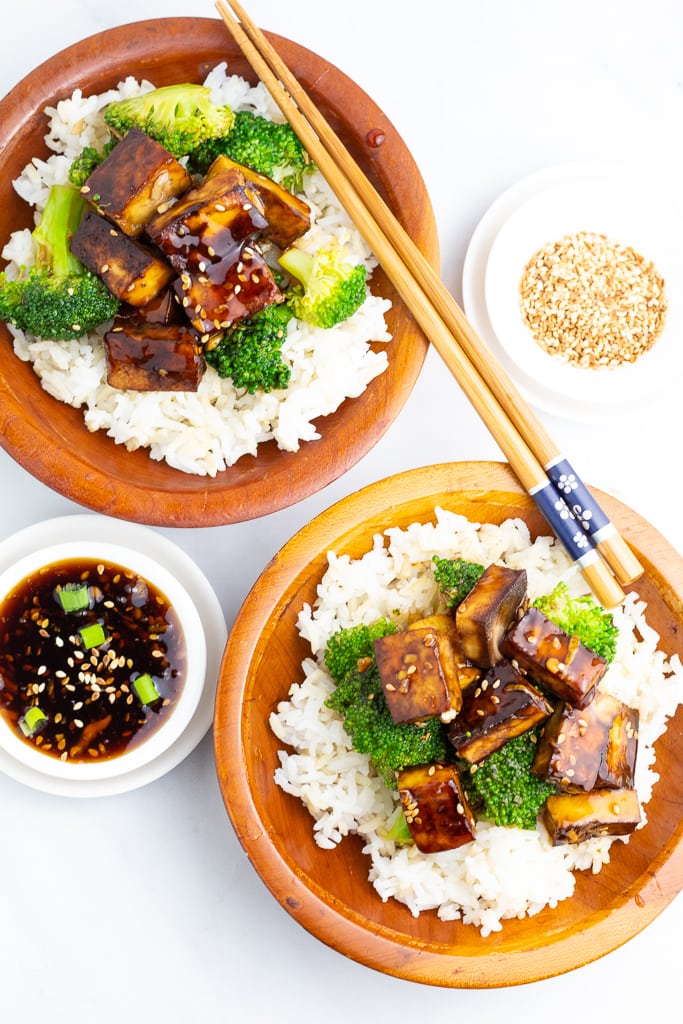
Tofu Teriyaki with Broccoli- This super easy Tofu Teriyaki dish is absolutely delicious and perfect for dinner any night of the week. Serve with rice or noodles to make a complete meal that the whole family is going to love!

Chocolate Tofu Mousse- Sometimes, I just need a little chocolate and this dairy-free silken tofu Vegan Chocolate Mousse recipe fills the spot without me having to wear it on my hips. It can be made in less than 15 minutes flat, with only 4 ingredients that you’re likely to already have on hand.
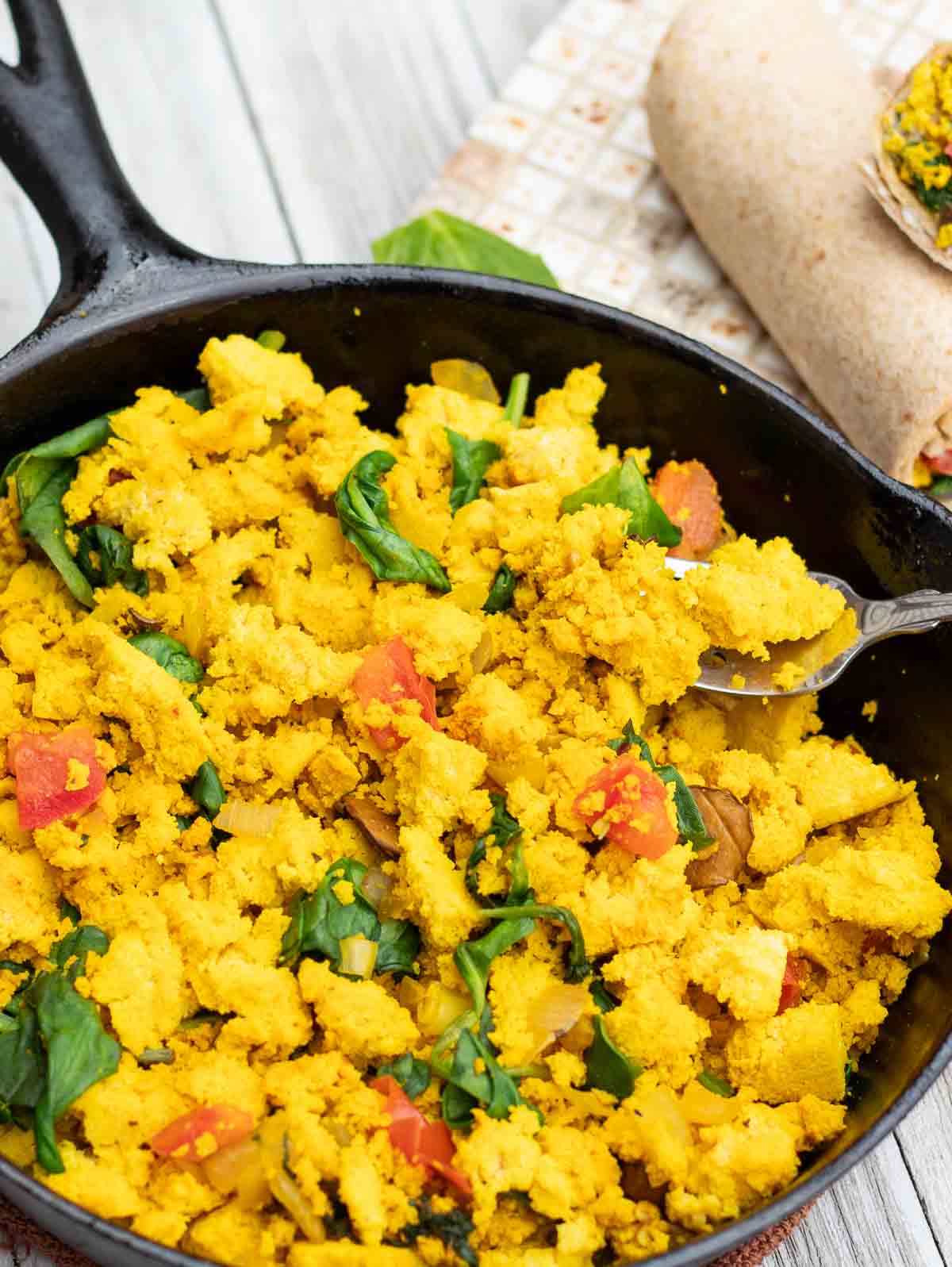
Breakfast Vegan Scramble- On weekends, this amazing Tofu Breakfast Scramble is one of our favorite vegan breakfast options that we eat on a regular basis. It’s easy to make, filling, and delicious!
More Soy Resources
About Terri Edwards
Hi guys! I am the content creator behind EatPlant-Based and a licensed Food for Life instructor with the Physicians Committee for Responsible Medicine. I am passionate about sharing healthy recipes and tips to empower others to get healthy. I’m so glad you’re here! Read More…

